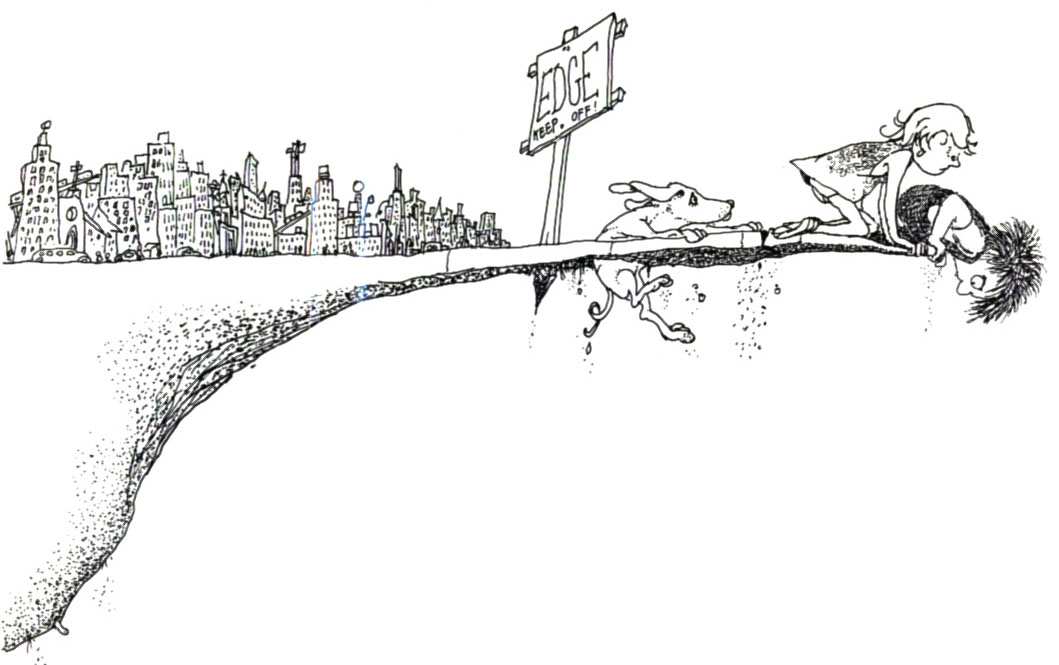Even as we prepared to return to Lawrence, the place that felt the most like “home” during my adult years, I kept repeating the following to myself:
You can’t go home again. You can’t go home again. You can’t go home again.
 |
| Lunch with an old friend. |
I’d lived here eight years — most of them encompassing the last, most fun part of my extended bachelorhood — then been gone eight years. I had changed: A child, settled firmly into marriage, my body broken by surgery, my spirit humbled (and saddened) by age and the knowledge that life, my life anyway, is not the series of ever-greater achievements that I once expected it to be.
The town had changed, too. There are new, taller buildings downtown, a sign that this small town is determined to join the ranks of cities. Some old favorite businesses are closed; some new restaurants have popped up. The newspaper where I spent my favorite professional years has been sold and reduced staff. My friends are older; in the intervening years, many of them had become parents, or found new relationships, or simply moved on to other things.
The Lawrence I got so much pleasure and meaning from at the age of 30, I said, would not be the Lawrence I found at age 43. At least not precisely.
And that’s true. When I walk into my old favorite coffee shop, the baristas no longer recognize me and call me by name. I don’t have the energy or time, really, to linger on Mass Street until midnights during the week as I once did — and even if I did, I’m not sure who I’d be spending the time with. And the freshman arriving at KU this fall were … Jesus, 10 years old when I left town to begin with.
Ugh.
But here’s the thing.
When we moved into our house last week, we had 10 friends show up to help unload the pod that held our possessions. It had taken us three days to pack it; they unloaded it in under a half-hour.
I find that many of my old friendships are renewing with an easy familiarity. And I find that I’m excited to finally get to join those old friends in sharing the experience of parenthood.
I feel … home.
It’s not a complete fit, not yet anyway, and who knows if it will be? I don’t want to be the same person I was my first go-round in Lawrence. I don’t want to feel as harried as I did in Philadelphia. I still long for new experiences, to learn new things, to read new books, to feel the joy of life that (frankly) I misplaced somewhere along the way. But I also want to face those things armed with some of the lessons learned these last few years.
One of the lessons: It’s good to have a steady foundation from which to launch your adventures. It’s good to have a home. I’m still not sure if you can go home again. But this feels about as close as I can possibly get.



